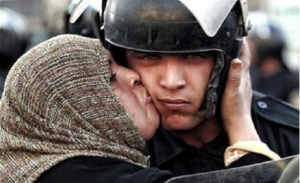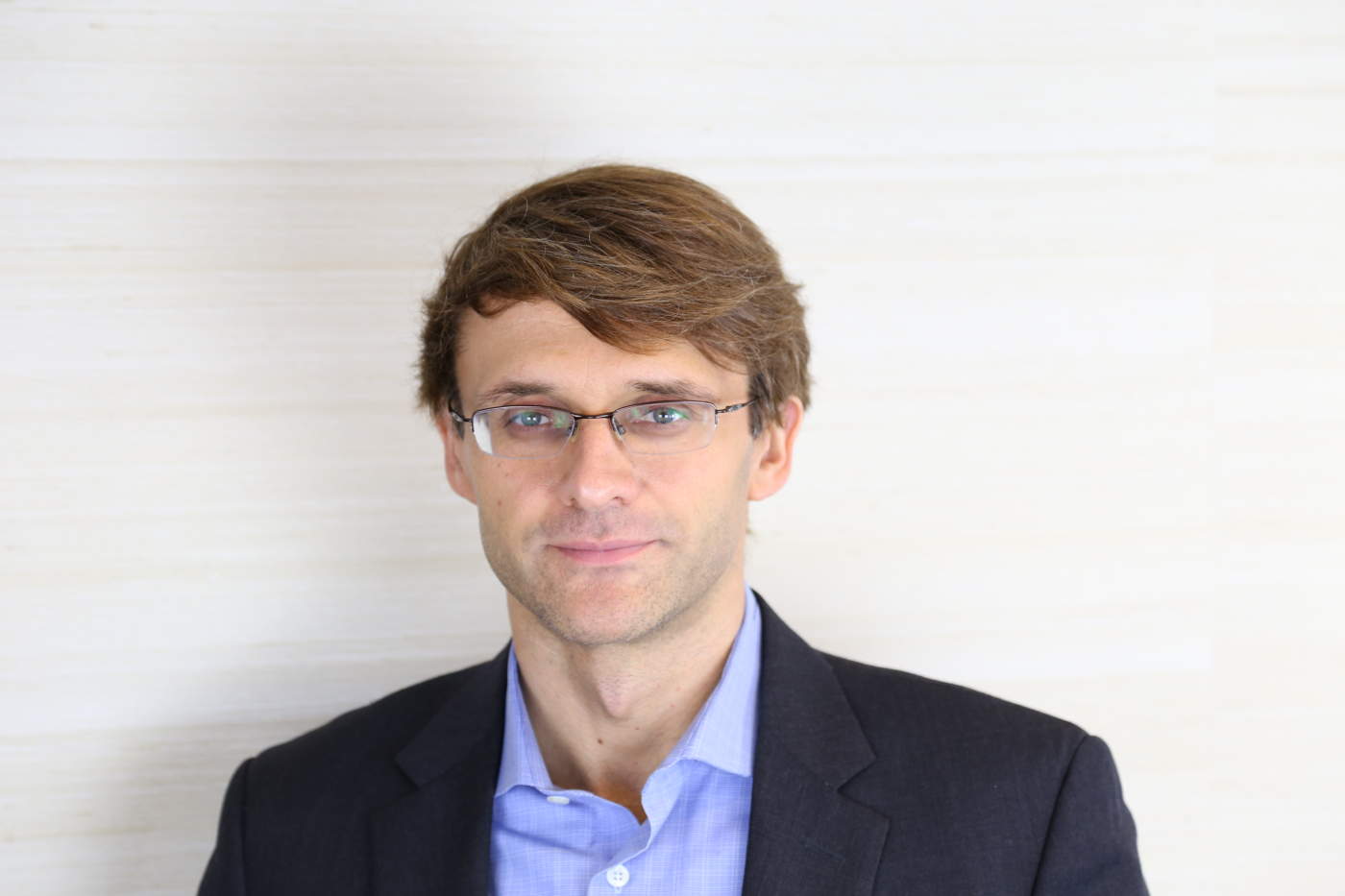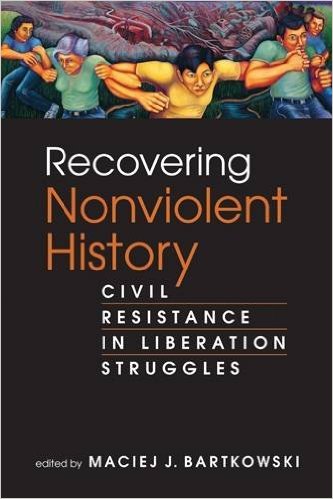 In his seminal 3 volume book on Politics of Nonviolent Action, Gene Sharp observed that “Nonviolent actionists may try to destroy the opponent’s army as an effective force of repression by inducing deliberate inefficiency and open mutiny among the soldiers, without whom there can be no army” (p. 453). This was in 1973. In February 2011, Leon Panetta, the then CIA Director, testified to Congress, trying to explain why the US intelligence community failed to phantom that the seemingly immovable Tunisian and Egyptian dictators might indeed fall and that fall could occur within days through a sheer pressure of mass-based nonviolent mobilization. In his testimony, Panetta pointed to the source of the intelligence community’s failure to anticipate the fall of dictators: “There’s always been a feeling that the military ultimately could control any demonstration in any regime. But the loyalty of the military is now something that we have to pay attention to, because it’s not always one that will respond to what a dictator may or may not want.”
In his seminal 3 volume book on Politics of Nonviolent Action, Gene Sharp observed that “Nonviolent actionists may try to destroy the opponent’s army as an effective force of repression by inducing deliberate inefficiency and open mutiny among the soldiers, without whom there can be no army” (p. 453). This was in 1973. In February 2011, Leon Panetta, the then CIA Director, testified to Congress, trying to explain why the US intelligence community failed to phantom that the seemingly immovable Tunisian and Egyptian dictators might indeed fall and that fall could occur within days through a sheer pressure of mass-based nonviolent mobilization. In his testimony, Panetta pointed to the source of the intelligence community’s failure to anticipate the fall of dictators: “There’s always been a feeling that the military ultimately could control any demonstration in any regime. But the loyalty of the military is now something that we have to pay attention to, because it’s not always one that will respond to what a dictator may or may not want.”
Given what Sharp wrote almost 40 years earlier the level of ignorance among the top brass of the American ‘intelligence’ officers about the effects of civil resistance and particularly its power to induce defections among security forces was quite astonishing though not surprising. Afterall, the state actors’ understanding of power – and with that the drivers of major political changes – has been based on a material force: a capacity to repress, financial means to buy off and a formal position to govern. Unarmed populations that have little material force to show for have been hardly seen as powerful. Yet, time and again, popular nonviolent revolutions prove that that political power is not tangible, is not material and is not institutional and can rest with ordinary people if only they mobilize and organize. The effectiveness of this intangible power rests in the legitimacy of claims and ideals, as well as in the collective identification with shared grievances and expectations that the popular movement can harness and advance. The movement combines this illusive but potent ideational power with a strategic deployment of nonviolent actions that in turn induce defections among the allies of the regime. For example, through the use of nonviolent weapons such as strikes, demonstrations, civil disobedience as well as the work of solidarity networks and mutual aid groups and associations, the Polish Solidarity movement induced mass defections from the Polish Communist Party and the state bureaucracy in the 1980s. In the Philippines under Ferdinand Marcos, in Slobodan Milosevic’s Serbia and more recently, in Tunisia and Egypt, the dictators commanded their militaries to shoot at unarmed demonstrators only to see their security forces disobey and refuse to follow their orders. Even the Free Syrian Army that eventually hijacked nonviolent resistance, turning it into the armed uprising, was a product of the defections induced by a 5 month-long nonviolent struggle waged by hundreds of thousands of unarmed Syrians between March and August 2011.
My colleagues, Erica Chenoweth and Maria Stephan, in their book Why Civil Resistance Works, estimated that the security defections occurred about 52% of the time during the successful nonviolent campaigns and that security defections made nonviolent campaigns 46 times more likely to reach their ultimate objectives of bringing down the regime, expelling occupying forces or win self-determination in comparison with the nonviolent campaigns where defections did not occur. This is the reasons why scholars must look more closely at the dynamics of defections among regime’s supporters, particularly its security forces during the nonviolent uprisings.
At the same time, the policy community must give a serious consideration to different international instruments that could help nonviolent movements bring about quicker and more widespread defections among security forces of the autocratic regimes. Setting up a special global fund for civil resistance movements that could give awards to the officers (together with their families) who refused to follow and give orders to shoot at the unarmed protesters might be one of such instruments.




Recent Comments